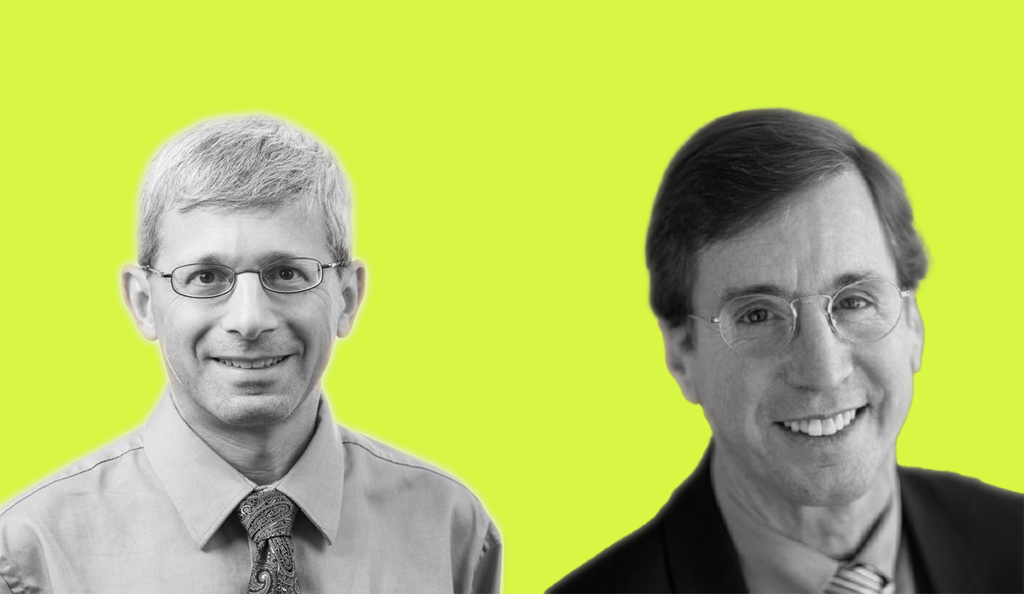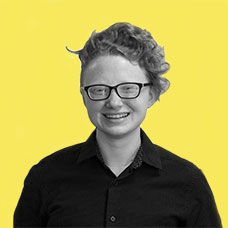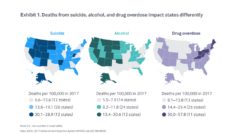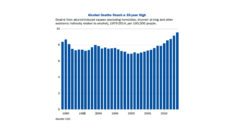Public Health Post: What safeguards exist to prevent industry from interfering in research?
David Jernigan: Too few. There are requirements in most journals for disclosure of funding, but disclosure doesn’t necessarily disqualify people from publishing. And people who have taken industry money do sometimes publish without disclosing.
NIH employees are not supposed to directly solicit funds from private entities. The MACH trial violated this rule.
The alcoholic beverage industry sponsors the Alcoholic Beverage Medical Research Foundation. Through that body, they shape what questions researchers ask. And that is perhaps one of the most important ways to interfere with research.
While the NIAAA was courting the alcohol industry for funding during this period, Mike and I were trying to interest NIAAA in funding our research about alcohol marketing and young people. I had a very well scored grant application, and the program officer told me, “This is simply not going to be funded because the topic’s wrong.” When an industry doesn’t want certain questions to be asked, it really interferes with the progress of science.
Mike Siegel: If a study could not be conducted without industry funding, the NIH is not allowed to take industry money. In this situation, it was a $100 million trial and $66 million was coming from the alcohol industry. Clearly, the NIH could not have funded this on their own.
How are funding agencies—in this case the NIAAA—supposed to be held accountable from becoming involved in industry-driven agendas?
Mike Siegel: There really isn’t any accountability. There’s no one watching over what they’re doing. In this case, the only reason why we were able to even find out about it was because a reporter from the New York Times put in Freedom of Information Act (FOIA) requests.
Then, David and I put in our own FOIA request. That’s how we found out about the communication that the Director of the NIAAA had with the alcohol industry.
David Jernigan: Ironically, some of this activity is shielded from oversight with the cloak of the independence of science. Congress has oversight responsibility over NIH, but the NIH is notoriously difficult for Congress to oversee because NIH is supposed to function as an independent science agency. The NIH is supposed to put science first, not politics.
What are other ways that industry informs research agendas?
David Jernigan: I’ll never forget the time when a new study was being widely circulated that purported to show that drunk driving laws did not, in fact, reduce motor vehicle crashes. This one study opposed hundreds of studies that had found the opposite. The alcohol industry put a lot of resources into favorably interpreting and promoting research findings that served its interests.
Mike Siegel: Not only does the industry itself interfere, but they produce a cadre of scientists whom they fund. It’s insidious because the researchers have the reputation of their institutions behind them.
What is the role of the researchers’ institutions in refereeing potential foul play?
Mike Siegel: Universities have conflict of interest committees that provide oversight if an individual researcher has a personal financial interest in a topic that they’re researching.
David Jernigan: I would like to see our academic institutions serving as a counterbalance to private interests and fiercely protecting the independence of the research enterprise. The conduct of the lead researcher in the MACH study should have been limited by their university.
What’s the most important lesson that we, as public health advocates, should learn from the MACH Trial?
Mike Siegel and David Jernigan: There is a constant need for vigilant surveillance to make sure that federal agencies are not being unduly influenced by industry interests. Corporate responsibility for public health damage tends to be overlooked. More attention is needed to the role that these companies play in corrupting the actions of federal public health agencies.
Photos courtesy of Mike Siegel and David Jernigan














